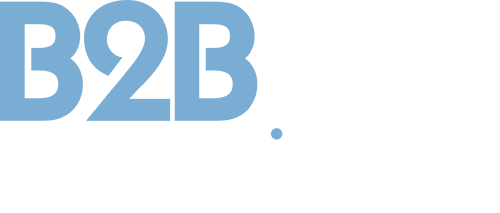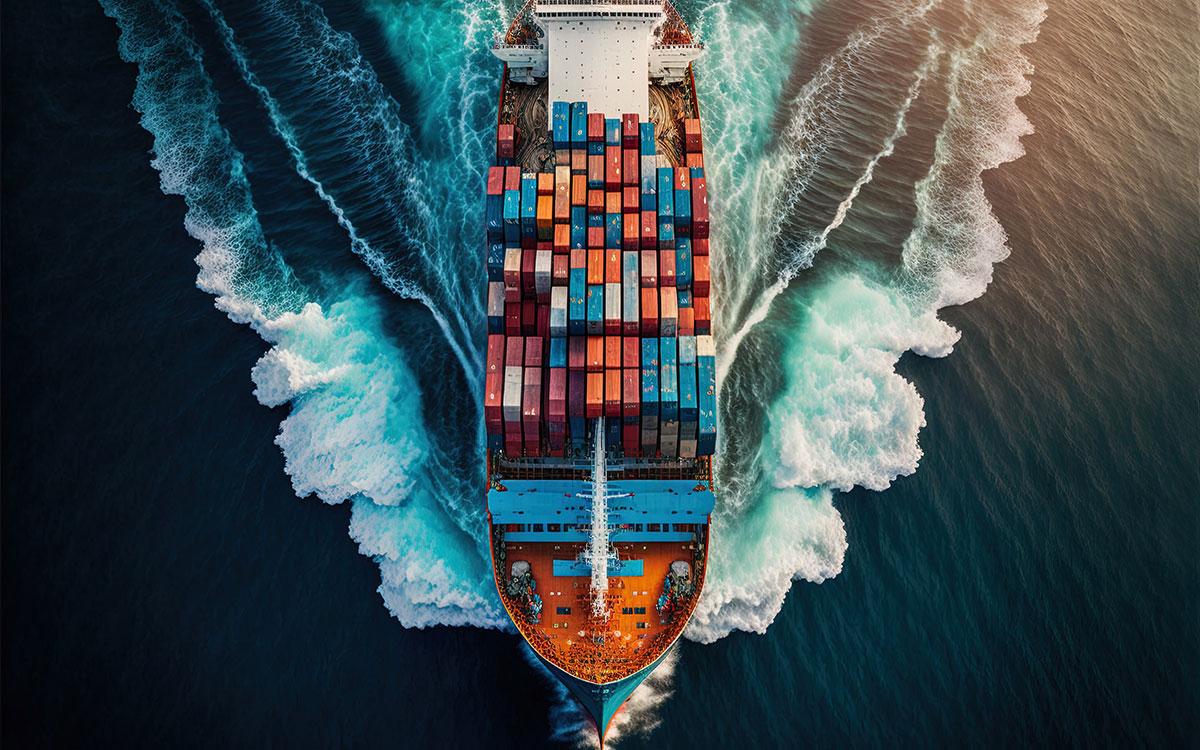At the June 2022 Conference of the Parties (CoP) to the Basel Convention, it was decided that all types of WEEE – including components, material streams and whole items – would be subject to notification procedures when they are exported to non-OECD countries. The only exception to the new ruling is where the exported load is comprised of a singular material, or the materials already have a listing.
Decisions made by CoP are procedurally automatically adopted unless a member country objects. The deadline to object was 16 August this year, and there were no objections submitted despite there being an industry view that non-hazardous WEEE exports should not be subject to the above notification procedures. It is thought that Japan was considering objecting but the OECD Secretariat has not yet provided an update on whether any objections were submitted.
The measures will be applicable from January 2025, but there are concerns about a lack of alignment between Basel Convention and another set of waste shipment rules called the OECD Control System, a simplified procedure for waste exports.
A joint statement released in November 2022, by a European private waste management trade association FEAD and the European Electronics Recyclers Association (EERA), claim “clear deficiencies and big disparities” between the two systems and implementation of notification procedures. In essence, it will be “critical” procedures are improved and streamlined to ensure legitimate global e-waste exporting and recycling.
It remains to be seen how these changes will affect UK based WEEE exports, and less directly EEE producers, but it may well add to the list of issues currently affect UK waste exports.
If you have any questions about International Compliance, please contact our team


